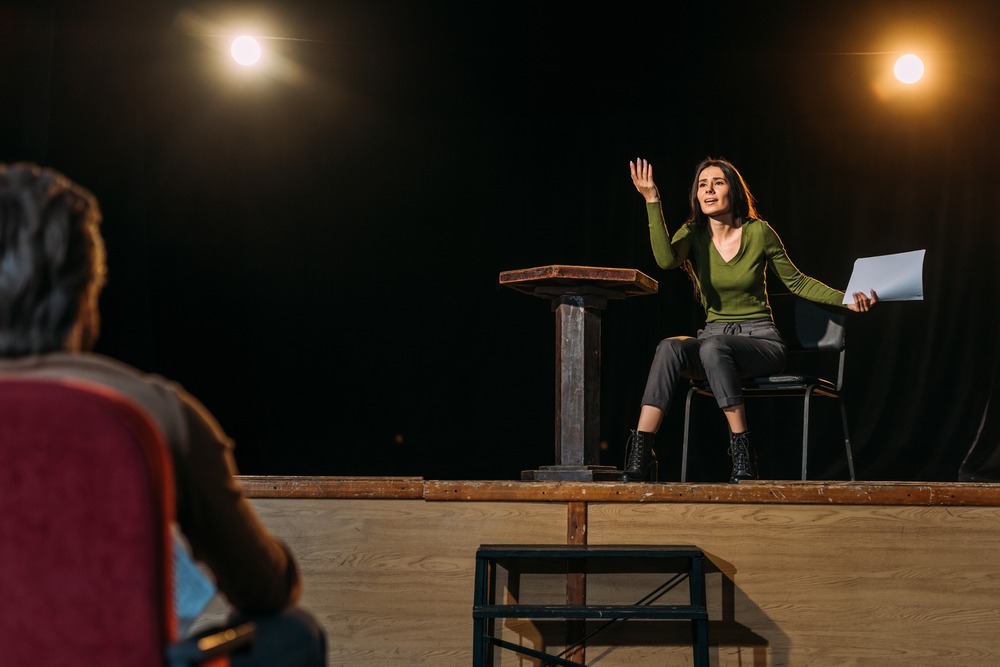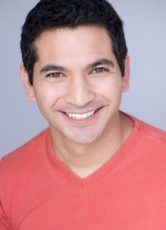
You’ve got an audition and it’s time to prepare. You start by memorizing your lines, getting your look together, researching the commercial or project and showing up on time.
It’s important you find a way to connect with the material that feels genuine to you and your life experiences. But another essential way of coming truly prepared is to be ready to remain flexible, listen closely to feedback and be ready to work creatively with anyone in the room from the camera operator to the director.
Casting may not ask for any adjustments from you during your audition. That may be because you nailed your performance and they are completely satisfied with what you offered, but it also may mean that they knew you were not a good fit for the part the moment you walked into the room. So don’t give too much thought about what it all means when feedback is not requested. Instead, give your best effort and move on.
But on the other hand, you may be given direction to modify your tone in some manner. It’s probably wise not to read too much into this either. Maybe your initial read was off the mark and they want to give you a fair shot, or they might see you as legitimately in contention for the part and want to see what it’s like to work with you both creatively and professionally.
If you are in contention, a director in a callback often will be looking to see you demonstrate that you can take direction on set. For example, they might suggest that you, “Try it as an apology instead of a confession,” or “Say it with a sense of urgency.” If you continue to say your lines in the same way –even if it’s a worthwhile approach– casting will assume you’re unable to give varied deliveries at this point of your career. They’re on the outlook for flexibility and a willingness to play with the material–especially subtle shifts in tone.
If you’re convinced you’ve landed on the exact right read for yourself, or you’ve practiced your lines repeatedly with that same exact delivery, it may be hard to break away and emphasize a different word or emotion, or you may restrict your physical actions as you deliver the lines.
An actor who digs too deeply into one reading restricts the creative options, and being on set demands that everyone remains flexible in order to land on something that truly works as a whole–as a collaboration. In the medium of film, a work remains open-ended until the final decisions are made in the editing room.
Keeping this overall process in mind can open you up to receiving adjustments with ease. But remember, you want to remain free to make changes, but not be so loose that you abandon what feels honest and authentic for you.
So bring your unique voice, and never apologize or give any commentary on your own readings. You’re allowed some wiggle room as you take risks, so give it your best, and then let others decide which actor is suited for the job. You very well may land on exactly what the project needs.
But even if you are not selected for the role this time around, you will have demonstrated your ability to remain flexible and to work well with others–something that casting directors, producers, and directors will certainly take notice of and appreciate. You will be showing them that you are indeed just the kind of creative, reliable, professional actor they want to add to their creative team for roles to come–and what a value you will be on set.
Want to get your acting career started? Sign up or login to Casting Frontier and start auditioning today!
Related articles:
Audition Do’s and Dont’s
Casting Director Lucy Bevan’s Audition Room Tips
Tips on How to Enter and Exit the Audition Room




